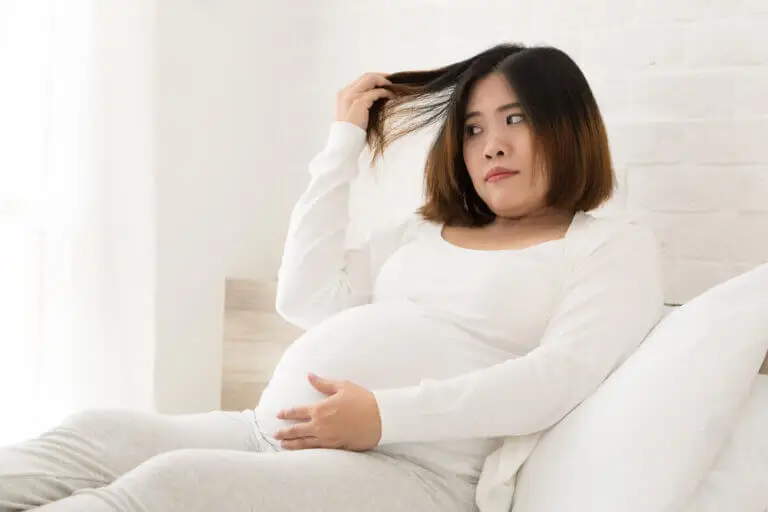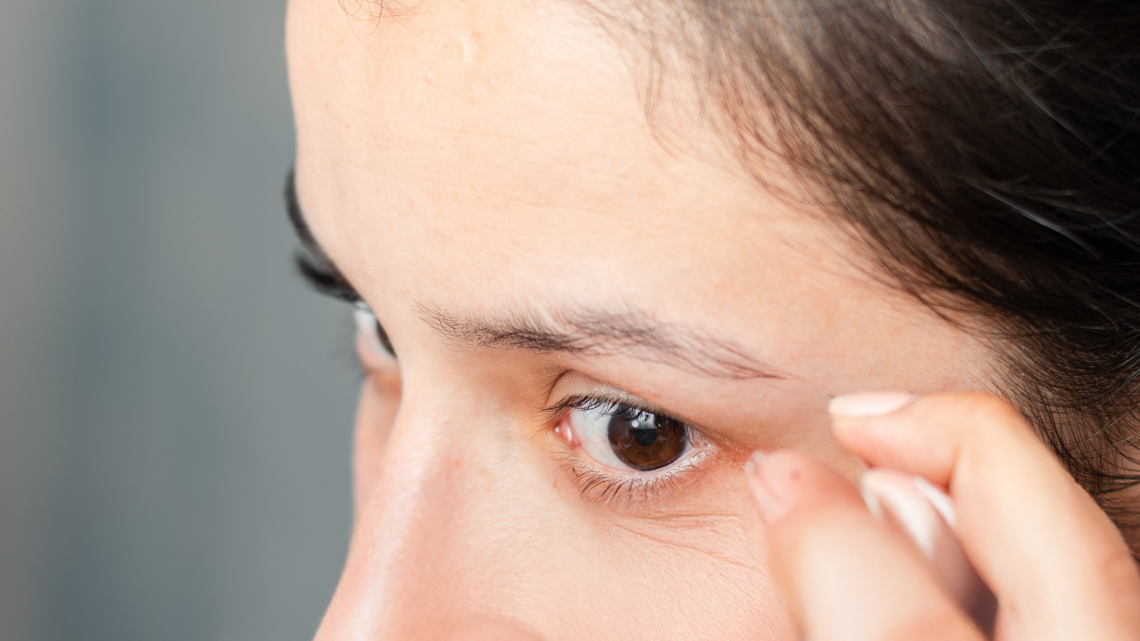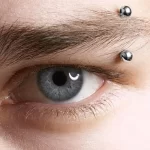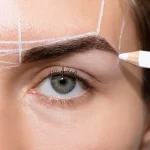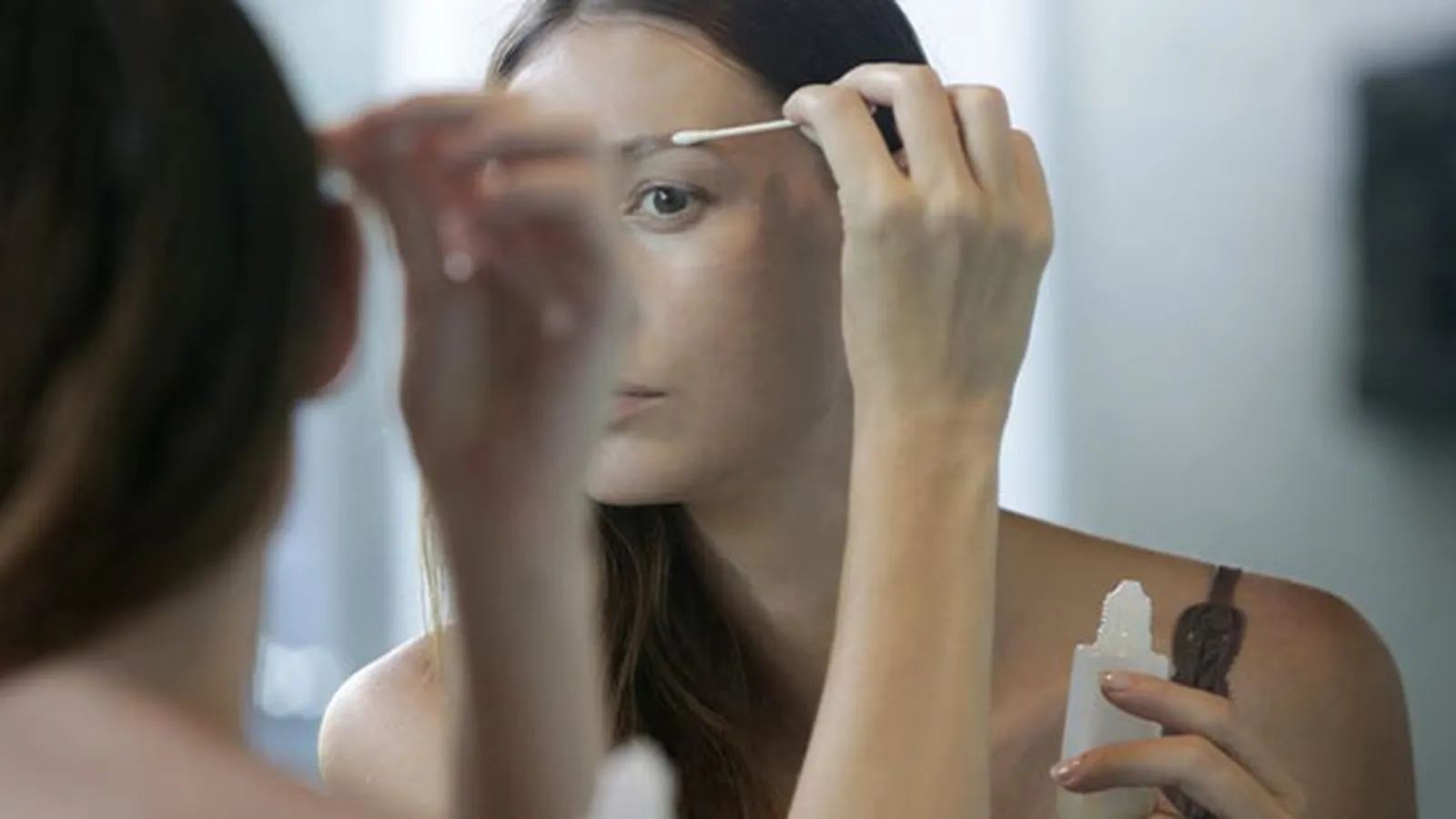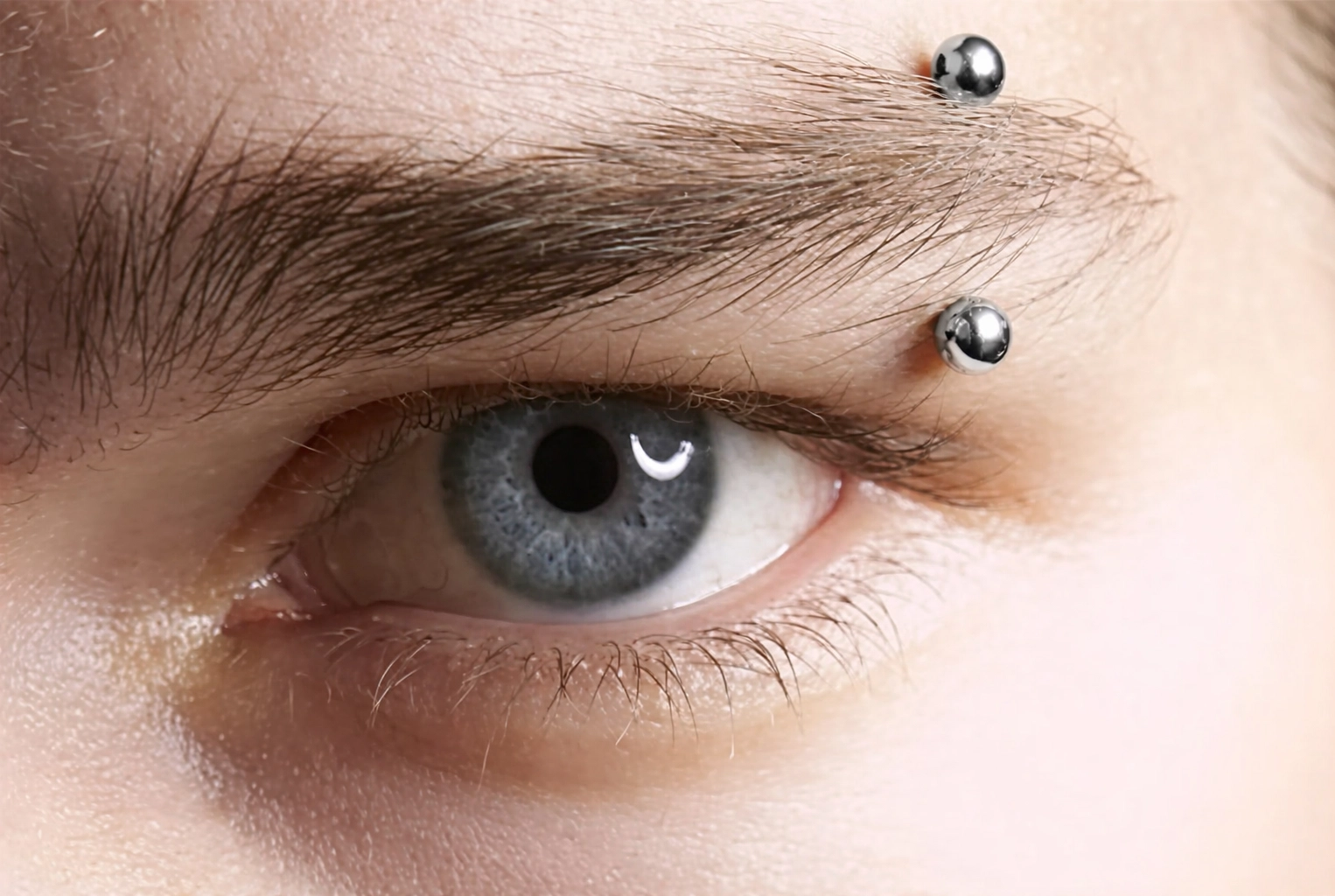Table of Contents
ToggleMost women who experience hair loss during pregnancy find that it is temporary and manageable. Shedding is part of the body’s natural adjustment to hormonal or nutritional changes. With proper care, hair usually regrows within months. Medical evaluation is only needed if shedding becomes severe.
Key Takeaways
- Most cases of hair loss during pregnancy are temporary, often linked to hormonal shifts, nutrition, or stress.
- Shedding can occur in any trimester, though many women notice peak hair loss in the third trimester.
- Balanced nutrition, gentle care, and pregnancy-safe treatments can help reduce shedding.
- Excessive or patchy hair loss may signal thyroid issues, anemia, or other conditions and should be evaluated by a doctor.
- Hair typically regrows within months after pregnancy, and supportive care can ease recovery and emotional impact.
Causes of Hair Loss in Pregnancy
Hormonal fluctuations affect the natural growth cycle, which can lead to hair shedding during pregnancy. While many expect fuller hair, others may see thinning or loss.
Around 40–50 percent of women experience some shedding during pregnancy or postpartum. This is often linked to telogen effluvium, a type of hair loss where more hair follicles enter the resting phase. Though it can seem dramatic, it does not usually indicate permanent loss. Dr. Kopelman reassures patients that the condition resolves naturally.
Hormone levels influence the three stages of hair growth – anagen, catagen, and telogen. Higher levels usually extend the growth phase, but imbalances may shorten the cycle, leading to thinning hair while pregnant.
Nutrition also plays a role. Iron and vitamin deficiencies may trigger pregnancy hair loss, especially if intake is limited. Pregnant women with nausea or appetite loss are more likely to experience hair fall during pregnancy. Adequate iron, folate, and protein support both maternal health and healthy hair.
Stress and thyroid issues can contribute. Emotional stress may accelerate losing hair during pregnancy, while health conditions such as hypothyroidism or alopecia areata may cause persistent shedding. If hair loss seems excessive, evaluation is important.
Hair Loss by Trimester
The timing of pregnancy hair loss varies. Some women notice changes early, while others experience them later.
First trimester
Nausea and appetite loss can affect nutrient absorption, making hair weaker. Some may notice early hair thinning.
Second trimester
Hormone shifts stabilize, but thinning hair while pregnant can still appear due to iron deficiency or stress.
Third trimester
Increased physical demands may trigger more noticeable hair fall. For some, hair shedding during pregnancy peaks at this stage.
Hair loss timing and peak trimester
Timing differs for every woman. Some see early thinning, while others notice changes closer to delivery.
Is Hair Fall During Pregnancy Normal?
Most cases are normal and reflect how the body adjusts. Unlike postpartum hair loss, which is expected after childbirth, pregnancy hair loss varies more.
Difference from postpartum shedding
Postpartum hair loss often occurs because estrogen drops sharply. Pregnancy hair loss is less predictable and may be linked to individual health factors.
When balding may signal a concern and when to see a doctor
In rare cases, balding during pregnancy or excessive hair shedding may point to thyroid issues, anemia, or female pattern baldness. Consulting a doctor confirms whether the loss is within range or linked to health conditions.
According to the American Pregnancy Association, most shedding is temporary and improves within six to twelve months. Dr. Kopelman emphasizes that early consultation provides reassurance and safe care.
How to Stop Hair Loss in Pregnancy
Women can take steps to reduce pregnancy hair loss. Balanced nutrition is key. Eating foods rich in iron, protein, and omega-3 fatty acids helps strengthen hair follicles. Prenatal vitamins may also help when prescribed.
Other habits can also help prevent hair loss:
- Limit hot styling tools.
- Switch to a silk or satin pillowcase.
- Avoid tight hairstyles.
- Wash with lukewarm water.
Diet and supplements
Gentle styling prevents added stress. Avoiding tight hairstyles, minimizing heat, and using wide-tooth combs reduces irritation.
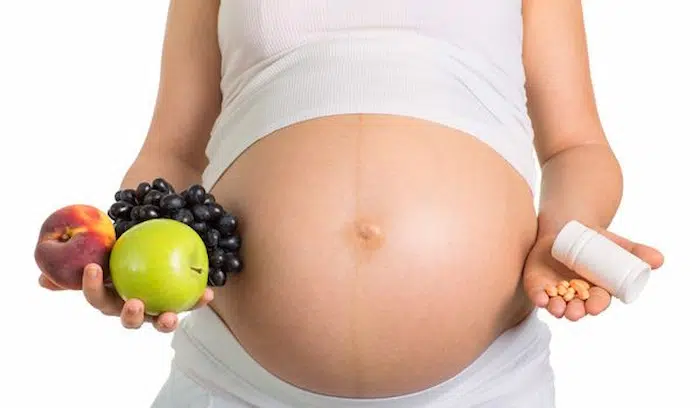
Gentle styling and scalp care
Pregnancy-safe treatments should be guided by medical advice. Natural oils or dermatologist-approved products may help. Speaking with Dr. Kopelman ensures safe care.
When Hair Stops Falling Out in Pregnancy
For most women, shedding decreases as hormones stabilize and nutrition improves. Recovery usually occurs within a few months after childbirth.
Typical recovery timeline
Hair regrowth is common. While texture may change slightly, many women see their hair return to its cycle.
Will hair grow back after pregnancy?
Most women notice that hair returns to its growth phase within months, as follicles reset to the resting phase.
Coping With the Emotional Side
Hair changes can affect confidence during pregnancy. Some women feel less secure when thinning is noticeable. Softer cuts can create the appearance of fuller hair.
Confidence and self-image
Support from loved ones and consulting with Dr. Kopelman can help. Knowing that shedding is usually temporary provides comfort.
FAQs about Hair Loss During Pregnancy
Can pregnancy cause permanent hair loss?
In most cases, no. Hair loss during pregnancy is temporary, and hair regrows naturally as hormones stabilize.
Does prenatal care reduce hair loss risk?
Yes. Prenatal vitamins and balanced nutrition help lower the risk of hair shedding during pregnancy by supporting maternal and hair health.
Is postpartum shedding worse than pregnancy hair loss?
Yes. Many women experience more noticeable shedding about three months after childbirth, but this is temporary and usually resolves within a year.
When should I seek medical help for hair loss?
If you see patchy balding during pregnancy or persistent shedding with other symptoms like fatigue or weight changes, consult your doctor.
If you are experiencing hair loss during pregnancy and want expert guidance, Kopelman Hair can help. With over 40 years of experience, Dr. Kopelman and his team provide personalized care designed to restore confidence and support long-term hair health. Schedule a consultation today to receive tailored advice and treatment options.


